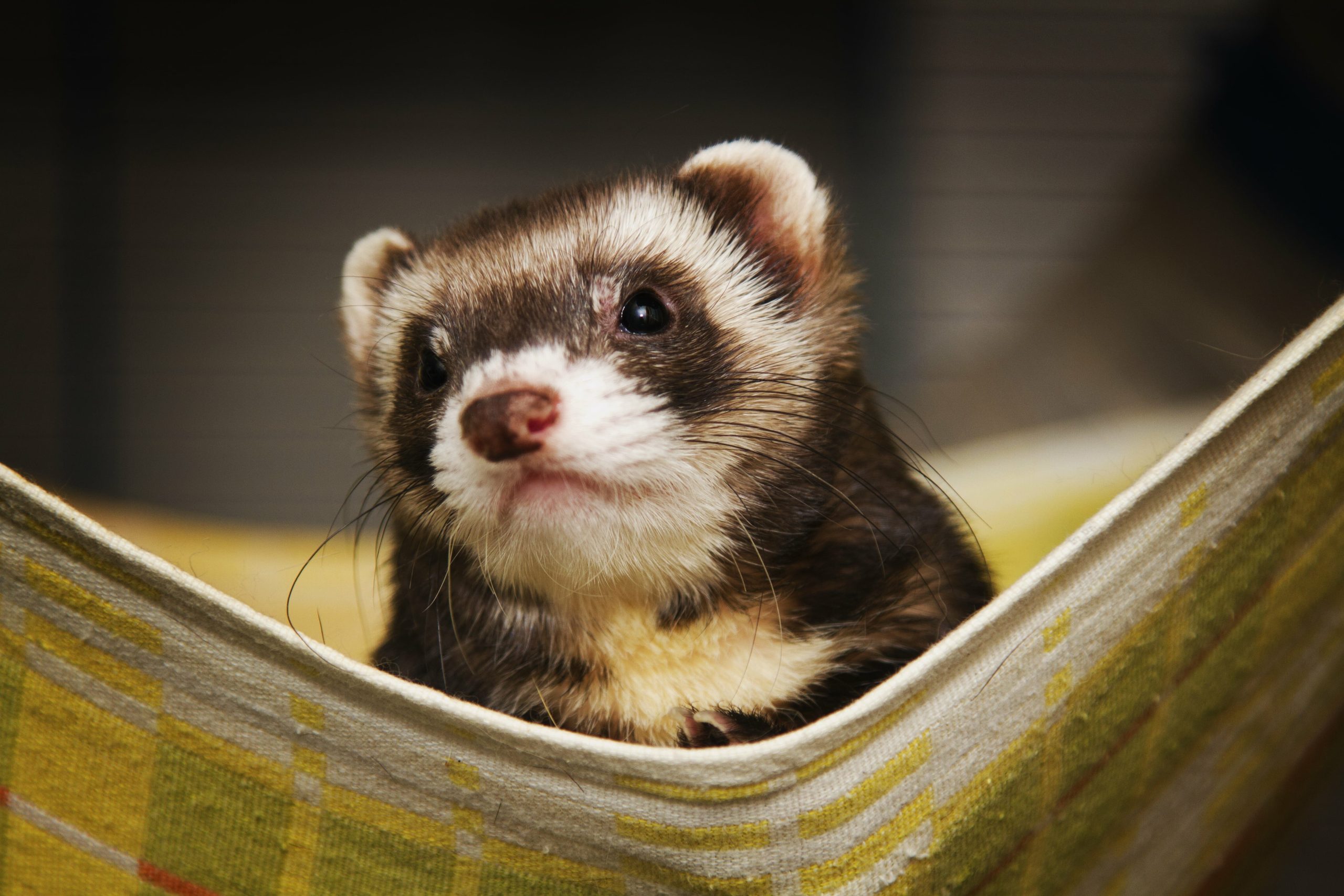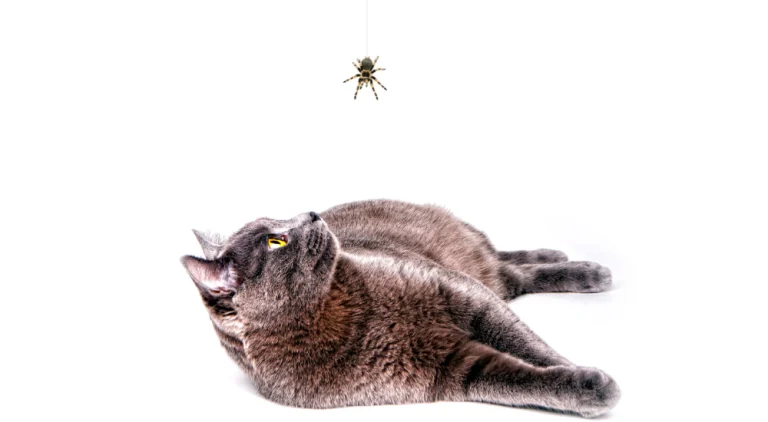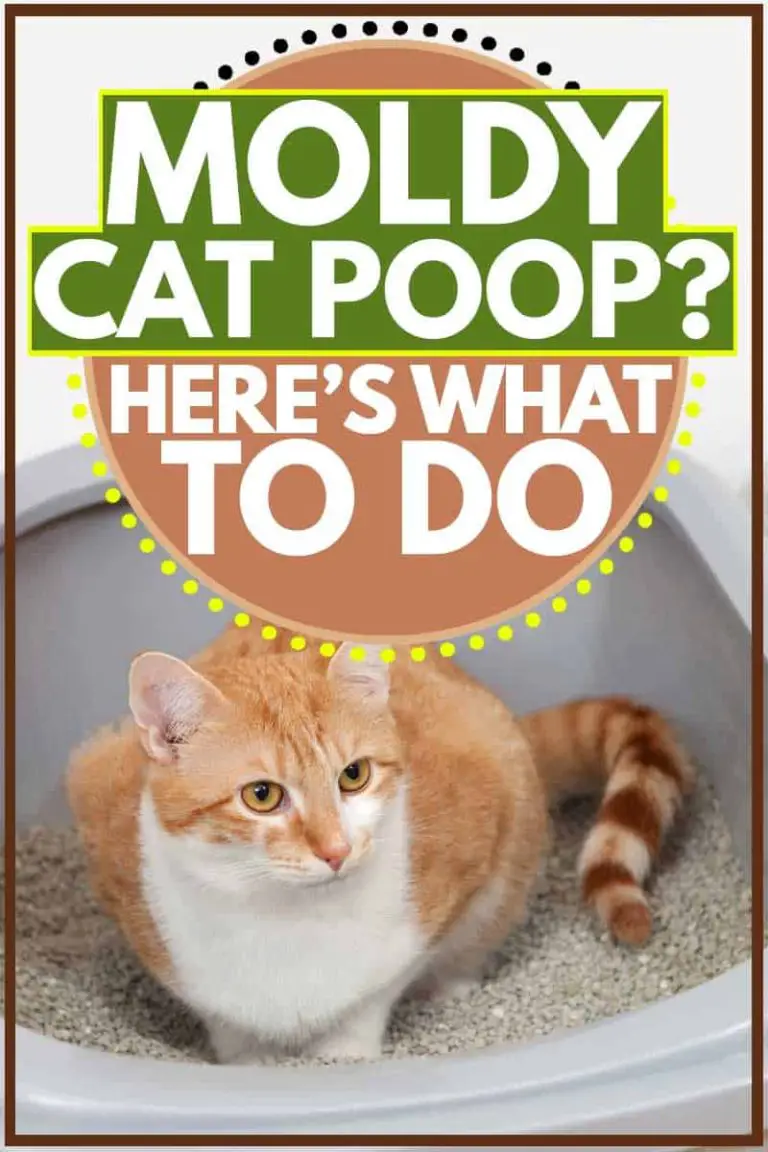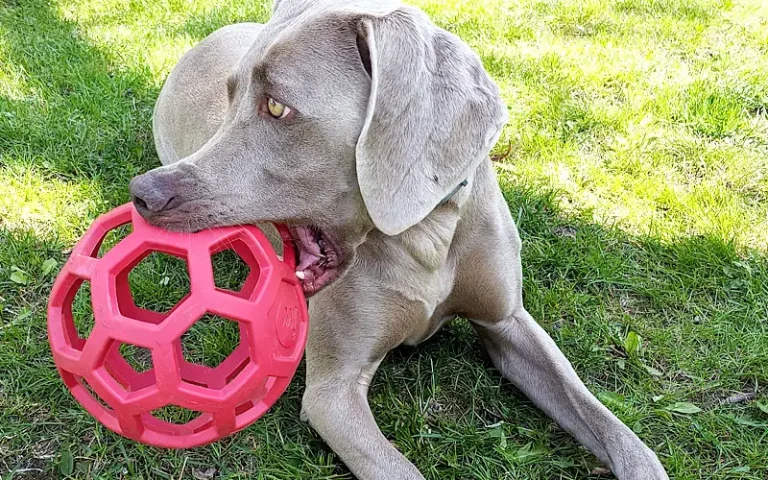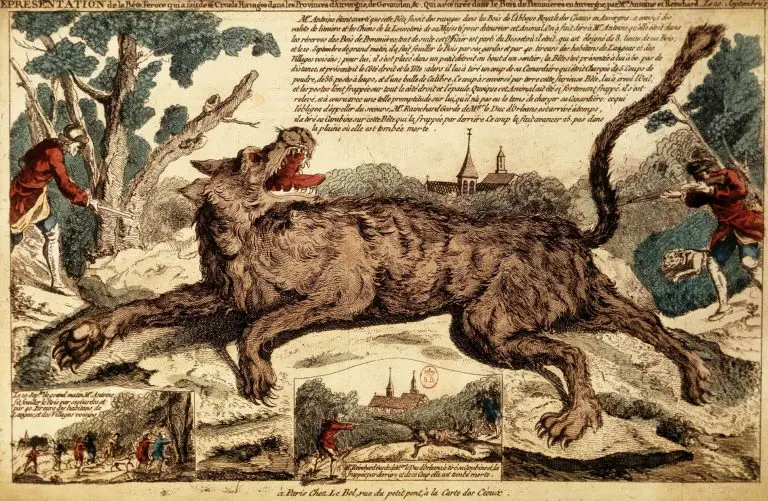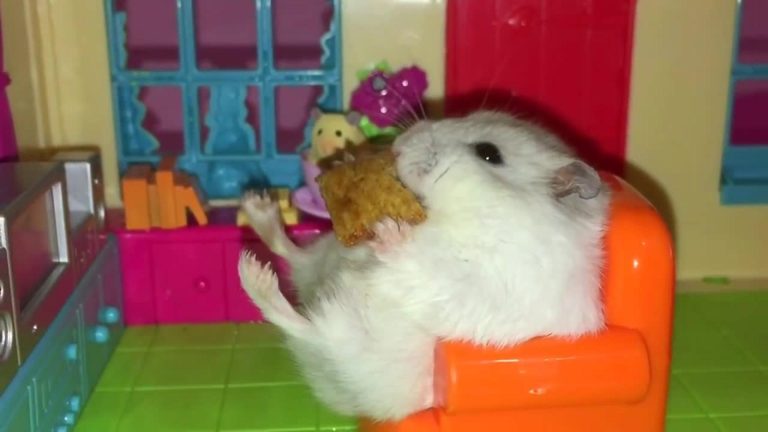5 Devastating Consequences of Poor Diet in Ferrets
Poor diet in ferrets can lead to obesity, digestive issues, dental problems, weakened immune system, and decreased lifespan. Neglecting their dietary needs can result in negative health consequences for ferrets, including weight gain, which can lead to obesity.
Digestive issues, such as diarrhea and constipation, can also occur from a poor diet. Inadequate nutrition can cause dental problems, like tooth decay and gum disease, which can affect their ability to eat properly. A compromised immune system can make ferrets more susceptible to diseases and infections.
Ultimately, a poor diet can significantly decrease the lifespan of ferrets.
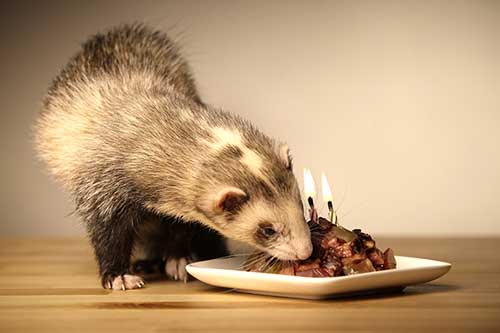
Ferrets’ Unique Nutritional Needs
Ferrets have unique nutritional needs, and poor diet can have detrimental effects on their health. These include dental issues, digestive problems, obesity, weakened immune system, and skin and coat problems. Meeting their dietary requirements is crucial for their overall well-being.
Ferrets are unique animals with specific nutritional needs. Ensuring they receive a balanced and healthy diet is crucial to their overall well-being. Let’s explore some of the key aspects of the ferret’s diet and the effects that a poor diet can have on them.
High-Quality Protein Requirements:
- Ferrets are obligate carnivores, which means they require a diet high in animal-based protein.
- High-quality protein sources like meats (chicken, turkey, lamb) and animal by-products (organs, eggs) are essential for their growth, energy, and overall health.
- Insufficient protein intake can lead to muscle weakness, poor growth, and compromised immune function.
Limited Carbohydrate Digestion:
- Unlike humans and some other animals, ferrets have a very short digestive tract, which limits their ability to digest carbohydrates efficiently.
- Feeding a diet high in carbohydrates can lead to digestive disorders, weight gain, and even insulinoma (a type of cancer affecting the pancreas).
- It is important to provide a low-carbohydrate diet consisting mainly of animal proteins and fats to meet their dietary needs.
Essential Fatty Acids Needs:
- Ferrets require a certain amount of essential fatty acids (omega-3 and omega-6) for healthy skin and coat, as well as proper growth and development.
- Opt for a diet that includes fatty fish, fish oil, or flaxseed oil to provide these important nutrients.
- Insufficient fatty acid intake can result in dry skin, a dull coat, and an increased risk of skin infections.
Importance Of Taurine In Their Diet:
- Taurine is an essential amino acid that plays a crucial role in the health of ferrets, particularly in their cardiovascular and visual systems.
- It is naturally found in animal tissues, so feeding a diet based on high-quality animal protein sources ensures an adequate taurine intake.
- A deficient taurine level in the diet can lead to heart problems, vision impairment, and even death.
Taking into account these unique nutritional needs, it is clear that providing a well-balanced, species-appropriate diet is vital for the overall health and well-being of ferrets. Ensure their diet includes high-quality animal protein, limited carbohydrates, essential fatty acids, and adequate taurine.
By doing so, you can help prevent the detrimental effects of a poor diet and promote a happy, healthy life for your furry friend.
Consequence 1: Obesity And Weight Gain In Ferrets
Obesity and weight gain can be serious consequences of a poor diet in ferrets. These effects highlight the importance of providing a balanced and nutritious diet to ensure the overall health and well-being of these small pets.
One of the effects of poor diet in ferrets is obesity and weight gain, which can have significant consequences on their overall health and well-being. Here we explore the health risks associated with obesity, its impact on the ferret’s joints and mobility, and their increased susceptibility to diseases and infections.
Health Risks Associated With Obesity:
- Joint problems: Excessive weight puts strain on a ferret’s joints, increasing the risk of developing joint problems such as arthritis and joint degeneration.
- Heart disease: Obesity in ferrets can lead to cardiovascular issues, just like in humans. It can cause high blood pressure, heart murmurs, and general heart weakness.
- Respiratory difficulties: Ferrets with excess weight may experience difficulty breathing and suffer from respiratory problems due to the extra strain on their lungs and diaphragm.
- Digestive disorders: Poor diet and obesity can lead to gastrointestinal issues in ferrets such as stomach inflammation, diarrhea, and even blockages.
- Reduced lifespan: Obese ferrets generally have shorter lifespans compared to their healthy counterparts, as obesity is often linked to various health complications.
Impact On The Ferret’S Joints And Mobility:
- Joint pain: Excessive weight puts pressure on a ferret’s joints, leading to pain, discomfort, and difficulty in movement.
- Limited mobility: Obesity can impair a ferret’s ability to move freely, making them less active and decreasing their overall quality of life.
- Joint degeneration: Over time, the strain on the joints caused by obesity can lead to degeneration of cartilage, further deteriorating mobility and causing chronic pain.
Increased Susceptibility To Diseases And Infections:
- Weakened immune system: Obesity weakens a ferret’s immune system, making them more susceptible to various diseases and infections.
- Lower resistance to infections: Obese ferrets may have a harder time fighting off infections and recovering from illnesses due to the compromised immune system.
- Increased risk of diabetes: Poor diet and obesity in ferrets can increase the risk of developing diabetes, a condition that requires careful management to ensure the ferret’s well-being.
Poor diet and obesity can have detrimental effects on a ferret’s health. From joint problems and mobility issues to increased vulnerability to diseases, it is important to provide proper nutrition and maintain a healthy weight for these curious and playful creatures.
Consequence 2: Digestive Disorders And Malnutrition
Digestive disorders and malnutrition are two major consequences of a poor diet in ferrets, leading to serious health issues. It is crucial to prioritize their nutritional needs to maintain their overall well-being and prevent these harmful effects.
Gastrointestinal Issues Due To Inappropriate Diet
A poor diet in ferrets can lead to a range of gastrointestinal issues. Here are some key points to consider:
- Digestive system disruption: Ferrets have a unique digestive system designed for a specific diet. Feeding them inappropriate foods can disrupt their gastrointestinal processes and cause digestive problems.
- Diarrhea and constipation: A poor diet can lead to imbalances in their gut flora, resulting in diarrhea or constipation. This can be extremely uncomfortable for ferrets and may lead to other health complications.
- Pancreatic diseases: High-fat diets or diets with improper nutrient balance can cause pancreatic diseases in ferrets. Poorly digested food can put stress on the pancreas, leading to inflammation and potential long-term damage.
- Stomach disorders: Incorrect feeding habits, such as offering frequent high-carbohydrate or sugar-rich treats, can contribute to stomach disorders in ferrets. These issues can range from simple indigestion to more severe conditions like gastric ulcers.
Lack Of Essential Nutrients And Vitamins
A poor diet lacking essential nutrients and vitamins can have several negative effects on a ferret’s health. Consider the following:
- Muscle weakness and poor growth: Inadequate protein intake can lead to muscle weakness and poor growth in ferrets. Protein is necessary for muscle development and overall body maintenance in these carnivorous animals.
- Bone density problems: Insufficient calcium and vitamin D intake can affect a ferret’s bone density, making them prone to fractures and bone deformities. These deficiencies can lead to conditions like osteoporosis or rickets.
- Dental issues: Proper nutrients are essential for maintaining a healthy set of teeth. A diet lacking proper nutrients can result in dental problems for ferrets, including tooth decay, gum disease, and even tooth loss.
- Vision and coat problems: Essential nutrients like vitamins A and E are crucial for a ferret’s vision and coat health. A poor diet can lead to vision problems and a dull or thinning coat.
Nutritional Deficiencies Leading To Weak Immune System
A poorly balanced diet in ferrets can weaken their immune system and make them susceptible to various infections and diseases. Here’s why it’s important to provide essential nutrients:
- Reduced immune response: Lack of essential vitamins, minerals, and antioxidants can compromise a ferret’s immune system, making it less effective in fighting off infections and diseases.
- Increased susceptibility to illnesses: When a ferret’s immune response is weakened, it becomes more vulnerable to common illnesses, such as respiratory infections, gastrointestinal infections, and even parasitic infestations.
- Delayed healing process: Inadequate nutrition can hinder the healing process in ferrets. A lack of essential nutrients can prolong the recovery period from injuries, surgeries, or illnesses, making them more susceptible to secondary infections.
Remember, providing a nutritionally balanced diet that meets a ferret’s specific needs is vital for their overall well-being and longevity.
Consequence 3: Dental Problems In Ferrets
Dental problems in ferrets can arise as a consequence of poor diet. Neglecting their nutritional needs can lead to oral issues and the need for dental care. It is essential to provide a balanced and appropriate diet to maintain the dental health of these furry companions.
Failing to provide a proper diet for your ferret can have detrimental effects on their dental health. When their diet lacks essential nutrients, it increases the risk of various dental problems. Here are the consequences of poor diet on your ferret’s teeth:
- Tartar buildup and gum disease: A poor diet can lead to the accumulation of tartar on your ferret’s teeth, which in turn can cause gum disease. Tartar buildup occurs when plaque hardens on the teeth, creating a breeding ground for harmful bacteria. This can result in inflamed gums, bad breath, and even tooth loss.
- Tooth decay and tooth loss: Without a balanced diet, ferrets may not receive the necessary nutrients to maintain healthy teeth. A lack of essential vitamins and minerals can weaken their teeth, making them susceptible to decay and eventual tooth loss. This can be painful for your ferret and may affect their ability to chew properly.
- Difficulty in eating and potential weight loss: Poor dental health can make it challenging for ferrets to eat. They may experience pain and discomfort while chewing, leading to a reduced appetite. This can result in weight loss and nutritional deficiencies if not addressed promptly. Ensuring your ferret has a proper diet can help maintain their dental health and overall well-being.
A poor diet can have severe consequences for your ferret’s dental health. From tartar buildup and gum disease to tooth decay and tooth loss, these issues can impact their ability to eat and lead to potential weight loss. Providing a well-balanced diet is essential to maintaining your ferret’s oral hygiene and supporting their overall health.
Consequence 4: Skin And Coat Issues
Skin and coat issues are among the consequences of a poor diet in ferrets. Neglecting their nutritional needs can lead to dry skin, hair loss, and a dull coat, impacting their overall health and appearance.
Ferrets with a poor diet often suffer from various skin and coat issues. These problems can manifest in different ways, including dry and itchy skin, a dull and unhealthy coat, and hair loss with excessive shedding. Let’s take a closer look at each of these effects:
Dry And Itchy Skin:
- Flaky, dry skin: Nutritional deficiencies can lead to flaky skin, causing discomfort and itchiness for your ferret.
- Pruritus (itching): Poor diet can contribute to excessive itching, prompting constant scratching and potential skin damage.
Dull And Unhealthy Coat:
- Lackluster appearance: A diet lacking essential nutrients can result in a dull and unhealthy coat, robbing your ferret of its natural shine.
- Brittle hair: Without proper nutrition, your ferret’s hair may become weak and brittle, leading to breakage and an overall unhealthy appearance.
Hair Loss And Excessive Shedding:
- Patchy hair loss: Inadequate nutrition can contribute to patchy hair loss, where your ferret experiences significant hair thinning or bald spots.
- Excessive shedding: A poor diet can disrupt the natural hair growth cycle, resulting in increased shedding. You may notice more fur around your ferret’s living space.
Proper nutrition is crucial for the overall health and well-being of your ferret. By providing a balanced and appropriate diet, you can help prevent these skin and coat issues, ensuring that your furry friend maintains a healthy and vibrant appearance.
Consequence 5: Organ Failure And Reduced Lifespan
Poor diet in ferrets can have serious consequences, including organ failure and reduced lifespan. Providing a balanced and nutritious diet is essential for ensuring the health and longevity of your ferret.
Impact Of Poor Diet On Liver And Kidney Function
- Ferrets that consume a poor diet are at risk of experiencing detrimental effects on their liver and kidney function.
- A diet lacking essential nutrients and proper balance can lead to imbalances and stress on these vital organs.
- The liver is responsible for metabolizing nutrients and toxins, and a poor diet can burden it with excessive toxins, leading to liver damage.
- Additionally, inadequate nutrition can result in the accumulation of waste products in the kidneys, impairing their ability to filter and excrete toxins from the body.
- In extreme cases, prolonged exposure to an unhealthy diet can result in organ failure, compromising the overall health and well-being of the ferret.
Increased Risk Of Developing Serious Health Conditions
- A poor diet can significantly increase the likelihood of ferrets developing serious health conditions.
- Inadequate nutrition deprives the body of essential vitamins, minerals, and other nutrients necessary for optimal functioning.
- Without proper nutrition, the immune system weakens, leaving the ferret susceptible to various infections, diseases, and parasites.
- Poor diet can also lead to gastrointestinal problems, such as diarrhea, constipation, and even gastrointestinal blockages.
- Ferrets that consume an imbalanced and inadequate diet are at a higher risk of developing conditions like insulinoma, adrenal disease, and gastrointestinal diseases.
Shortened Lifespan Due To Chronic Health Problems
- The chronic health problems resulting from a poor diet contribute to a shortened lifespan for ferrets.
- Inadequate nutrition compromises the ferret’s overall health and weakens its resistance to illnesses.
- The accumulation of toxins in the body due to poor diet can cause systemic inflammation and damage vital organs, reducing the ferret’s lifespan.
- Ferrets with imbalanced diets may suffer from nutrient deficiencies that lead to weakened bones, muscles, and a compromised immune system.
- Chronic conditions resulting from poor nutrition can lead to a decline in the ferret’s quality of life and ultimately shorten its lifespan.
A poor diet can have severe consequences for ferrets, including organ failure, increased risk of serious health conditions, and a shortened lifespan. It is crucial to provide a balanced and nutritionally complete diet to ensure the optimal health and well-being of these furry companions.
Ensuring A Healthy Diet For Your Ferret
A poor diet can have detrimental effects on your ferret’s health, including obesity, tooth decay, digestive problems, weakened immune system, and malnutrition. Ensure your ferret’s well-being by providing a balanced and nutritious diet.
Feeding high-quality ferret-specific food:
- Provide your ferret with a diet tailored specifically for their nutritional needs.
- Look for commercial ferret food that is high in protein and low in carbohydrates.
- Avoid feeding your ferret cat or dog food, as these do not provide the necessary nutrients for optimum health.
- Check the ingredients list and choose a food that lists meat as the main ingredient.
- Remember to provide fresh, clean water at all times.
Offering a balanced diet of meat and appropriate supplements:
- Your ferret’s diet should consist primarily of meat protein, as ferrets are obligate carnivores.
- Offer a variety of high-quality meats such as chicken, turkey, and beef.
- Avoid feeding your ferret raw meats or bones, as these may pose health risks.
- It is important to supplement your ferret’s diet with appropriate minerals and vitamins.
- Consult your veterinarian to determine which supplements are necessary for your ferret’s specific needs.
Regular check-ups with a veterinarian for dietary guidance:
- Schedule regular appointments with a veterinarian who is knowledgeable about ferrets.
- The vet can establish a baseline health assessment and provide guidance on your ferret’s diet.
- They can also monitor your ferret’s weight and body condition to ensure they are receiving adequate nutrition.
- Discuss any concerns or changes in your ferret’s diet with the veterinarian.
- Follow their recommendations to provide the best diet for your furry friend.
By following these guidelines, you can ensure your ferret has a healthy and well-balanced diet. Providing high-quality ferret-specific food, offering a balanced diet of meat and appropriate supplements, and seeking regular guidance from a veterinarian will help promote your ferret’s overall well-being.
Remember, a healthy diet is the foundation of a happy and thriving ferret!

Frequently Asked Questions For 5 Effects Of Poor Diet In Ferrets
What Health Problems Do Ferrets Have?
Ferrets can suffer from health problems such as adrenal disease, insulinoma, and gastrointestinal issues.
What Foods Are Bad For Ferrets?
Foods harmful to ferrets include chocolate, caffeine, onions, garlic, dairy products, and sugary treats.
What Do Ferrets Need In Their Diet?
Ferrets need a balanced diet of high-quality protein and fat from animal sources for optimal health.
What Are The Symptoms Of Vitamin Deficiency In Ferrets?
Ferrets with vitamin deficiencies may show symptoms like lethargy, hair loss, weakened immune system, and reduced appetite.
Conclusion
Poor diet has significant consequences on the health and well-being of ferrets. It can lead to obesity, dental issues, digestive problems, skin conditions, and weakened immune systems. These effects can manifest in a variety of ways, including lethargy, bad breath, vomiting, diarrhea, itchiness, and an increased susceptibility to infections.
As responsible ferret owners, it is crucial to prioritize their dietary needs by providing a well-balanced and nutritionally rich diet. Incorporating high-quality, protein-based foods and limiting the intake of sugary treats and fatty foods is essential. Regular vet check-ups and open communication with a veterinary professional are also key in maintaining a healthy ferret.
By taking proactive measures and ensuring a proper diet, we can positively impact the overall health and happiness of our ferret companions, allowing them to live long and vibrant lives.

